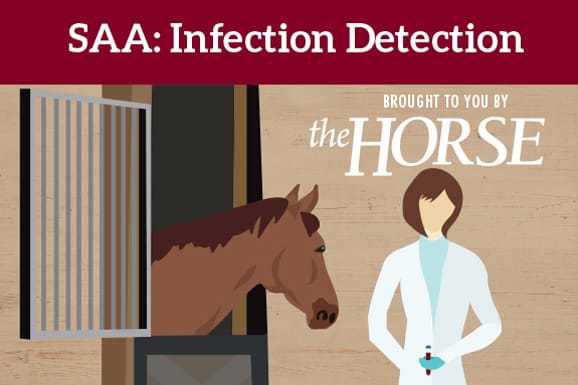
Cardiac Limitations to Horses’ Athletic Performance
Cardiovascular malfunction might impede athletic performance, but with correct diagnosis and management some horses can still have athletic careers.

Cardiovascular malfunction might impede athletic performance, but with correct diagnosis and management some horses can still have athletic careers.

Researchers found a strong association between hind hoof balance and posture that could affect overall musculoskeletal health.

Researchers have discovered that ponies that have suffered from laminitis have higher blood pressure and therefore overproduce vasodilators.

Often, a horse’s behavior problems are rooted in either pain or incomplete training. Here’s what to consider.

One researcher assessed the physiologic mechanisms of this type of colic and found they share similarities with cystic fibrosis in humans.

Learn more about equine asthma, acute respiratory infections, and shipping fever in horses.

Cold, dry winter air can potentially leave horses susceptible to irritation, respiratory pathogens, and bronchoconstriction.

Use this visual guide to learn about lower respiratory problems that can affect your horse.

Is your horse’s cough something to be concerned about?

Learn how various components of the horse’s GI tract evolved to consume forage, and feed accordingly to prevent issues.

Learn about serum amyloid A and how veterinarians can use it for early identification of inflammation in horses.

A wide range of conditions can cause poor performance, but many cases circle back to lameness with a behavioral component.

Follow the steps in this visual guide to help your horse breathe easier.

Learn about recent research on the causes of EIPH, how it affects horses and their performance, and furosemide use in equine athletes.

Learn how to help your horse avoid joint problems such as osteoarthritis, osteochondritis dissecans, and joint flares. Sponsored by Hyaluronex Joint.

Recent study results suggest dietary changes can alter horses’ intestinal microbiome to their benefit.
Stay on top of the most recent Horse Health news with
"*" indicates required fields